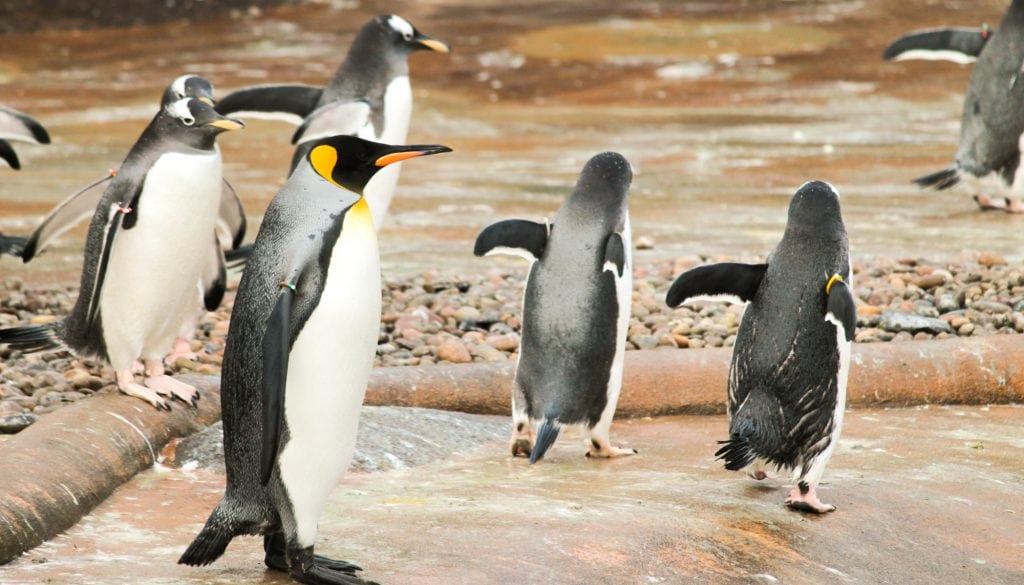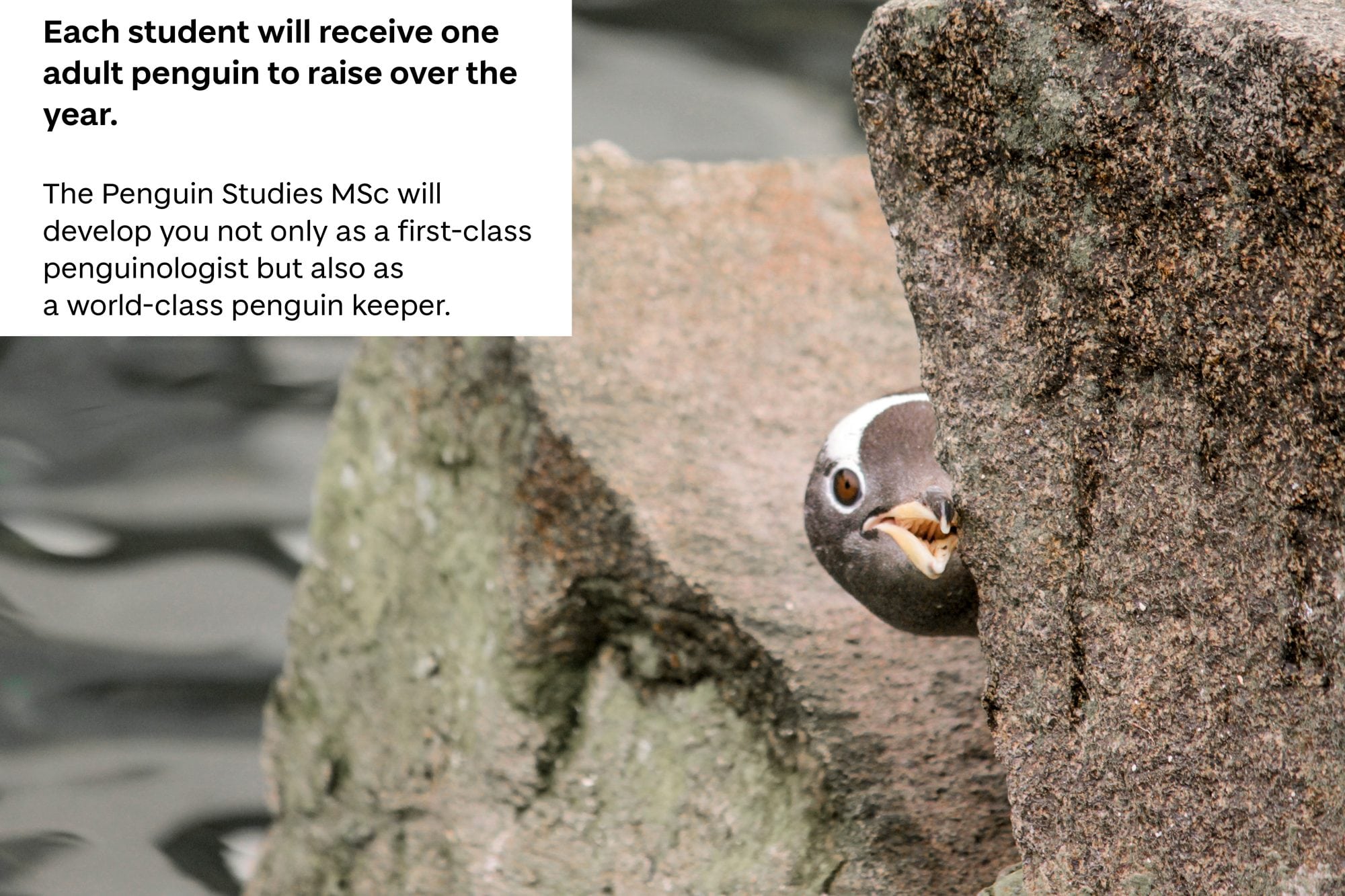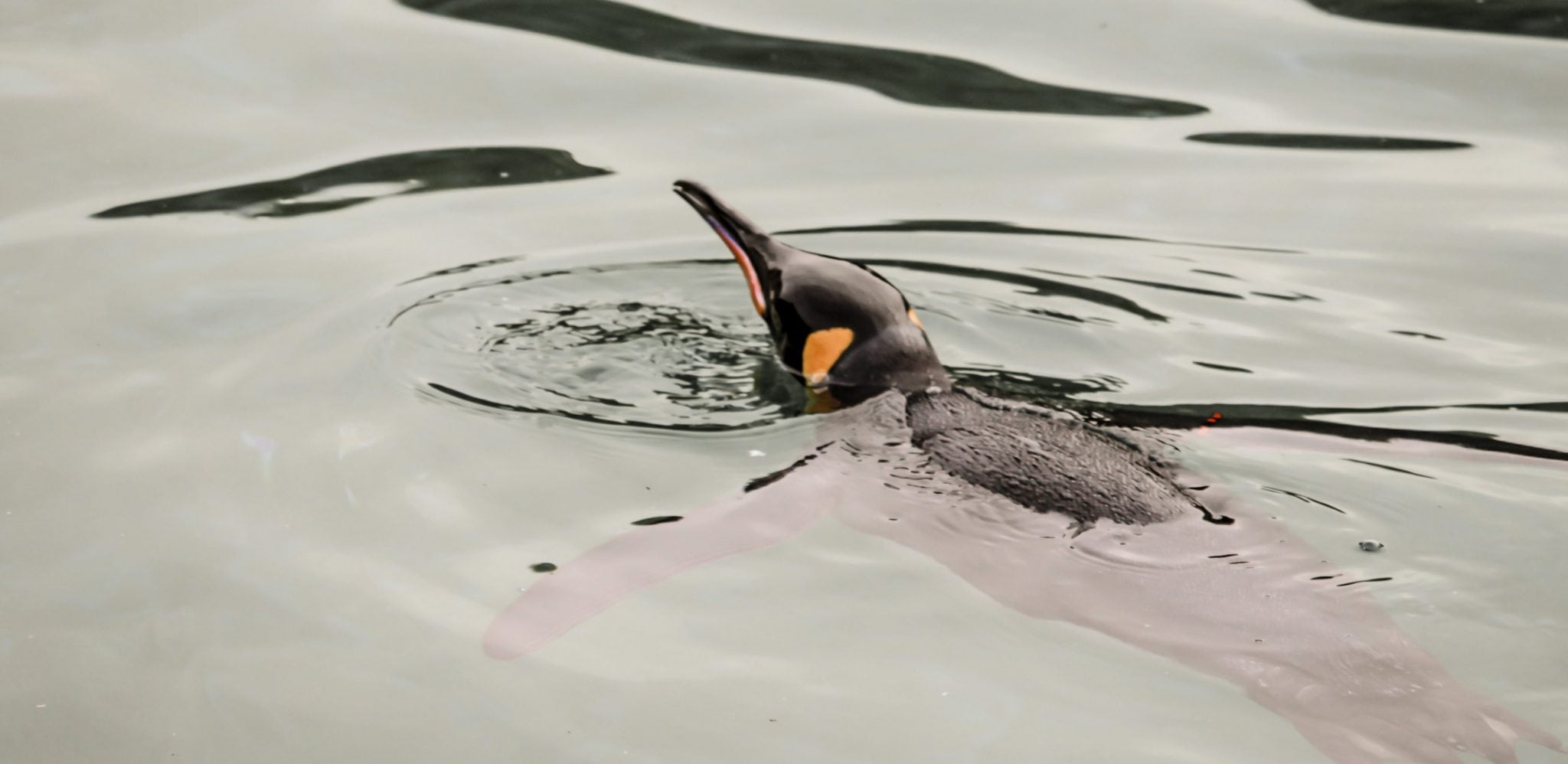Penguin Studies MSc

Explore the world of penguins from the point of view of critical analysis and ornithological sociology of our feathery friends.
The Penguin Studies MSc challenges students’ perception of penguins in the context of contemporary penguinology.
On the Penguin Studies MSc lecturers work with students to develop penguin practices. A rich and dynamic range of taught content is delivered through events and projects with partner penguinology organisations.
The key focus of the programme is on the inter-relationships between penguins (Reproduction and the Current Theories of Penguin Language), island society (Current Societal Issues in the Antarctic) and popular penguins (Studies in Stardom amongst the Flightless Birds).
Students are challenged to investigate, understand and experiment with the multiple contexts and sites where penguins exist. Thinking as a penguin and their place in the world, students are tested through exposure to the birds and penguin language.
How you will be taught
You will learn by traditional methods such as lectures, tutorials, workshops and labs – as well as hand on experience. The course will cover the basics of penguin care to the more complex issues of understanding the mating and behaviour patterns of penguins – allowing you to explore the animal far beyond the limits of traditional teaching.
Individual reading and study takes a particularly important role in the summer project, producing a dissertation on a topic related to the modules you have studied. For the project, you will be guided to prepare your research project plan and to develop skills and competence in research including project management, critical thinking and problem solving, project reporting and presentation. The project will also guided from your own experience in caring for your own penguin, provided at the start of the course, along with the tools you need to care for it.
How you will be assessed
Assessment is via a mix of open book continual assessment and closed book examinations, a care journal of your experience looking after your penguin and a substantial project completed over the summer term (Antarctic winter).
What you will study
This one year course involves taking four taught modules in semester 1 (September-December), followed by a further 4 taught modules in semester 2 (January-May), and undertaking a project over the Summer (May-August).
A typical selection of taught modules might be:
- Ethics of human interaction with wild animals
- Penguinese – the language of penguins
- The archetype penguin – the representation of penguins in history and literature
- The evolution of penguins
- Basic care of penguins – animals not pets
- Geographical impact of urban development and climate change on penguin habits
- Did penguins ever fly?
- Penguins on film
- Advance bird biology
- What can we learn about co-parenting from penguins
- Penguins in animation – the appeal of the cartoon penguin
- Piper as a mascot – supporting our sports teams
- Filming in the wild
We also offer the option of replacing one or two penguin modules with modules from subjects such as Life Sciences, Art & Design, Language and Animal Care.
Students from this course will have the knowledge to take them in to a wide range of careers. The demand for people with understanding of penguin behaviour, biology, habits and welfare is considerable, and a degree in Penguin Studies is a highly marketable asset.
Previous studies have gone on to work in media, research, zoology, education, outreach and veterinary work.
Applicants should normally have, or expect to have an honours degree at 2.1 or above, or equivalent professional or overseas qualifications, in a relevant academic discipline.
English Language Requirement
| IELTS Overall | 6.0 |
|---|---|
| Listening | 5.5 |
| Reading | 5.5 |
| Writing | 6.0 |
| Speaking | 5.5 |

Open Days
The best way for you to get a real feel for the University before you apply. Everyone is welcome to attend, including parents, partners, teachers and careers advisors.
Individual Visits
While we encourage everyone to come to one of our organised visits, we recognise that this is not always possible. Individual Visits take place almost every month.
Meet us in Your Country
Our International Team regularly visits a number of countries across the world, and attends British Council Fairs and events in individual schools, colleges and universities.


